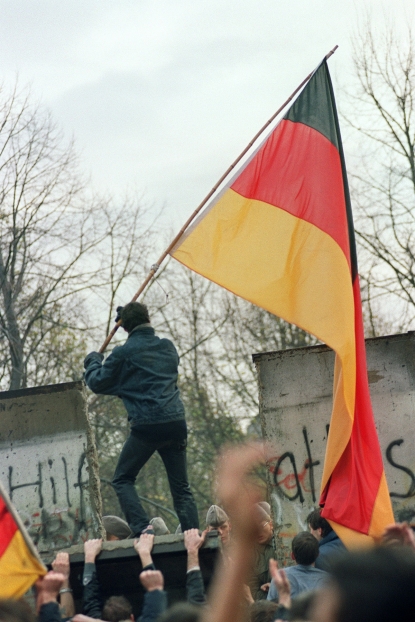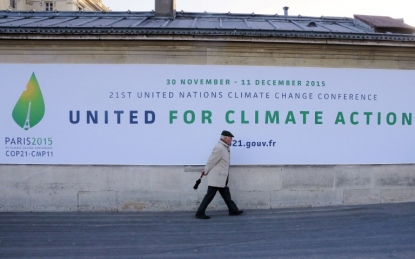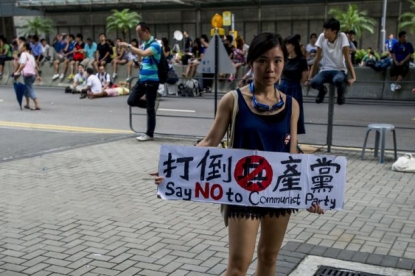"A brittle cold gripped the air, and the ink-black sky was dusted with stars. Unlit and pot-holed, the streets of Mitte, the heart of East Berlin, were treacherous to walk on. Ghosts seemed all around me," writes Richard Ingham of the night the Berlin Wall fell. "Blackened buildings still bore the scars of shelling in 1945. A few hundred metres away, the remains of Hitler’s bunker lay entombed in the Death Strip – the no-man’s-land of the Berlin Wall. Everything was grey and menacing, and with the leaden feel of eternity."
"Within hours, all this would change. It was the evening of November 9 1989, and the world was about to be transformed."





